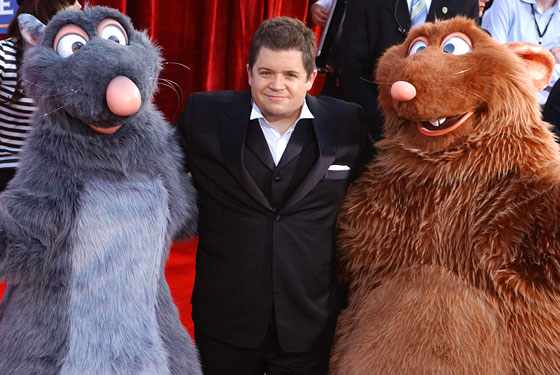
you may have noticed by now that i’ve a thing for list-making. by hook—eg, a first-person narrator who likes to chunk up his story with lists and quizzes—or by crook—eg, a short riff with a central analogy around which features are listed—i’ve managed to work in my affinity for listing throughout my grad school program. here i’m going to be absolutely overt; my normally top 5 all-time format (borrowed, you may or may not know, from nick hornby’s high fidelity) has been further pared down:
top 2 all-time literary trilogies
2. his dark materials
1. the lord of the rings
and that’s it. turns out, i like thinking about trilogies more than i like reading them; i thought i’d read several, but last night i combed through my memory and my shelves, and was astonished to see that i haven’t read nearly so many as my brain presupposed, and never mind the dystopian parlor trick involved with my mind presupposing its own memory. that’s what’s happened.
the good news is that i’m not going to compare and contrast the two items on my little list; that would be tiresome. what i’m going to do is simply talk about why the trilogy works as a whole, and, at the end of the day, that comes down to two words: lyra belacqua.

the main character of this trilogy, all of age eleven at the start, lyra is stuck to more or less closely throughout the trilogy, and, frankly, the sections for which her perspective and emotion are off the stage don’t have the same luster. or, rather, they do—the subtle knife, for example, opens with the introduction of will, a boy lyra’s age who lives in one of the countless world’s parallel to hers (and quite possibly in ours), undergoes the trauma of his home being invaded and some goons coming after him, and, since he so closely parallels to lyra, and will in fact turn out to be her budding love interest, will’s tale is definitely compelling—but for all the delicious verisimilitude and the terrifically extractable social implications of the books, the heart and blood and meat of the trilogy is lyra, and the meta-parallels and human themes i was most eager to extract all had their starting points with her eye and ear, her stubbornness, temper, utter lack of pretention, and, via the alethiometer (golden compass), her ability to peer through eons of confusion with a distinct clarity.

the amber spyglass, the concluding title in the trilogy, is necessarily big in its own britches, as the grand metaphors must all come to a conflictive head, and the individual lyra’s story must turn out to be not only a metaphor for eve’s descendent returning to the garden and re-encountering the serpent, but also for the grandly unnecessary evil of organized religion, and for the shattering of its biggest presuppositions. those things are neat, and pullman renders and points to them with a high level of craft and care; i look forward to returning to them. but it’s lyra i keep thinking of—her irascibility, her clever boldness, her persistence; her as eve, her as holden caulfield, her as frodo baggins; her as me; her as us.










